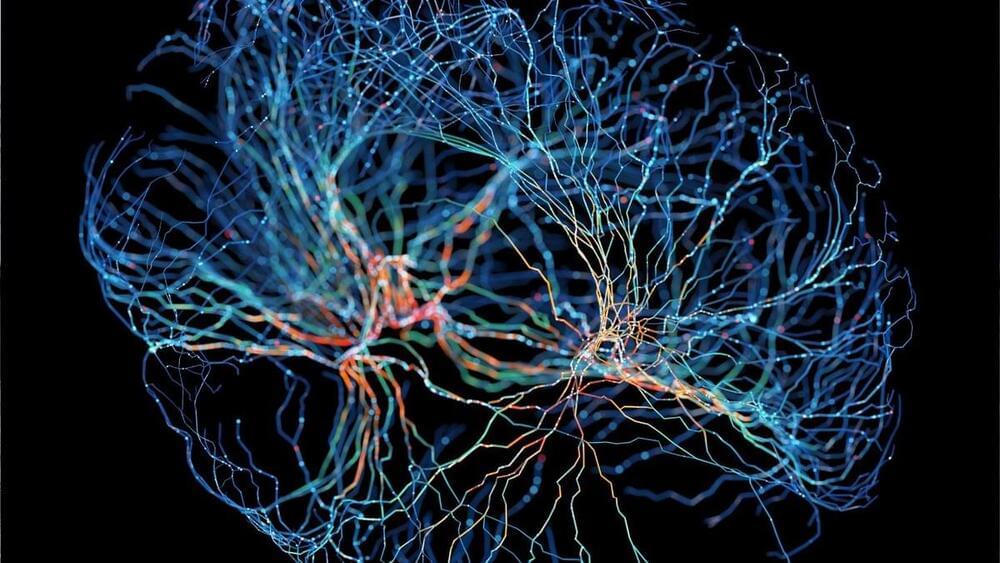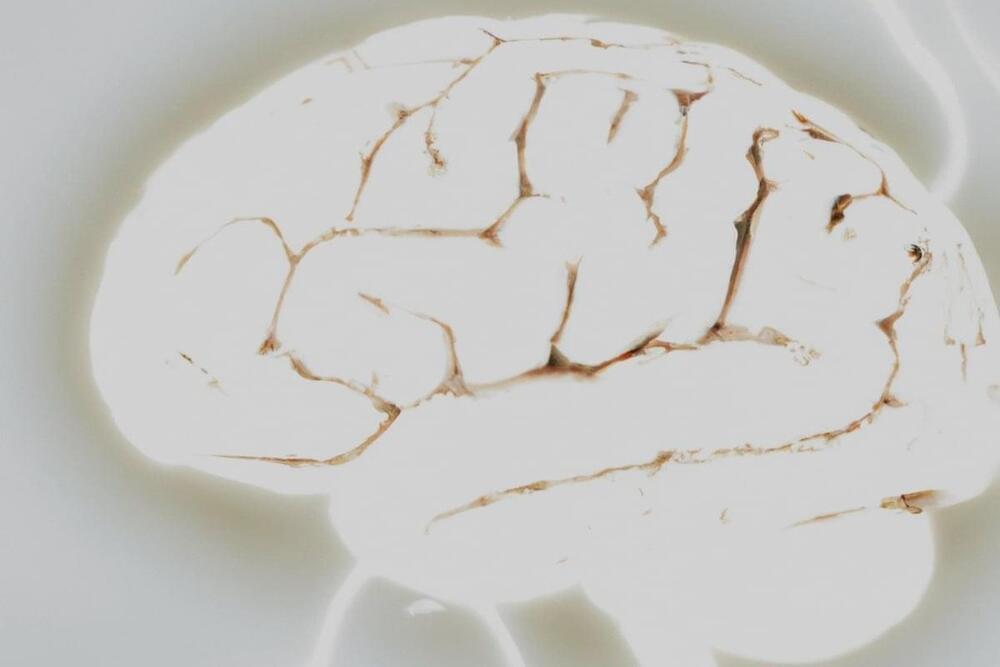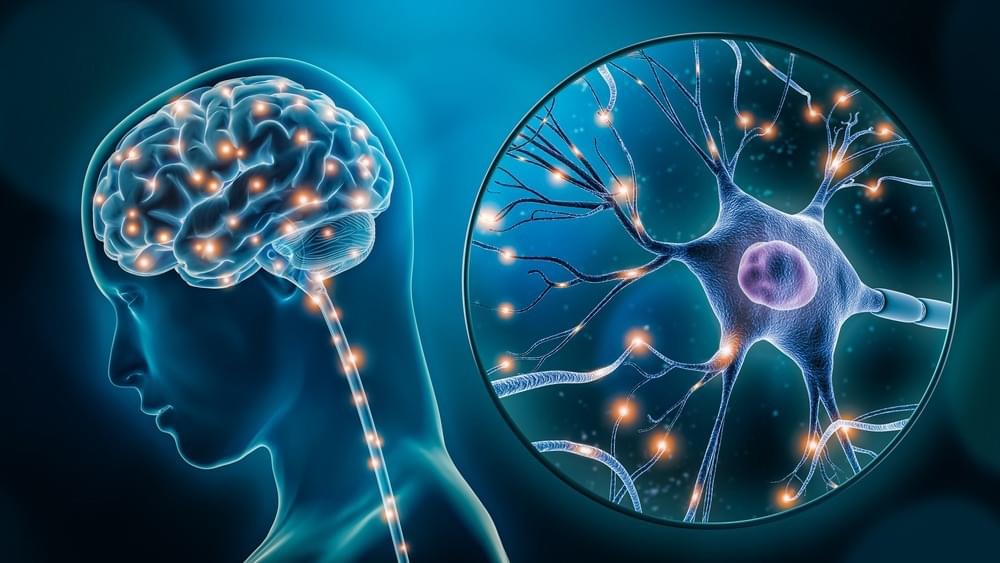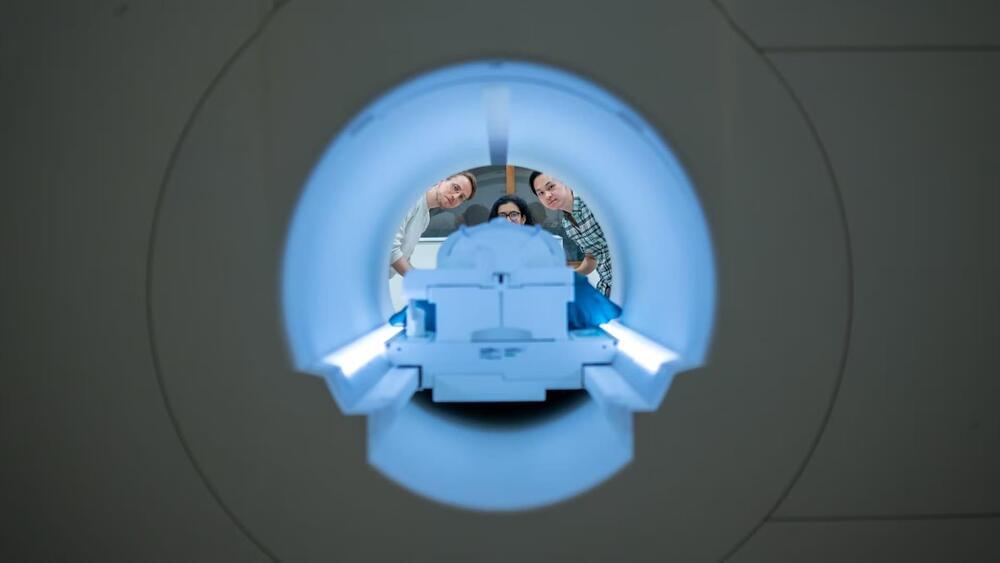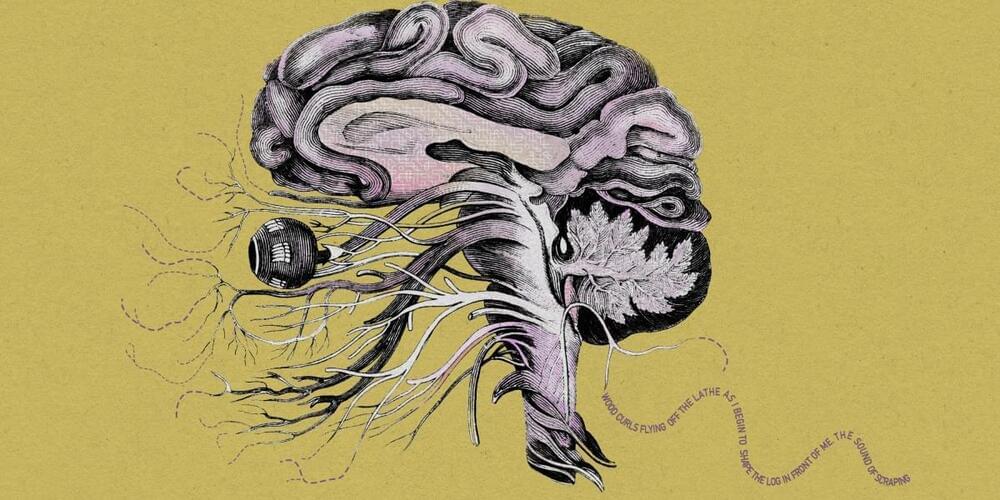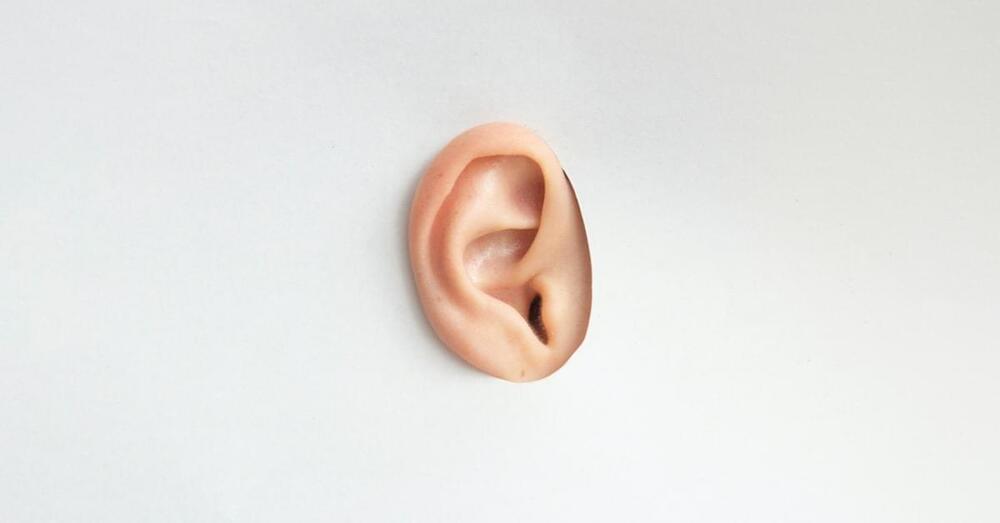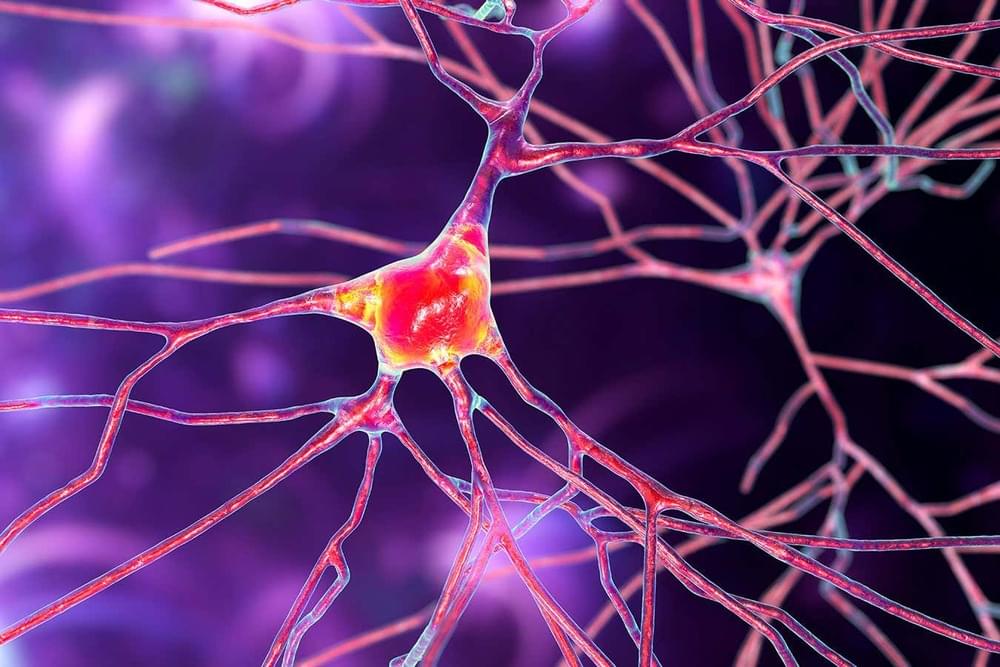Applying machine learning models, a type of artificial intelligence (AI), to data collected passively from wearable devices can identify a patient’s degree of resilience and well-being, according to investigators at the Icahn School of Medicine at Mount Sinai in New York.
The findings, reported in the May 2 issue of JAMIA Open, support wearable devices, such as the Apple Watch, as a way to monitor and assess psychological states remotely without requiring the completion of mental health questionnaires.
The paper, titled “A machine learning approach to determine resilience utilizing wearable device data: analysis of an observational cohort,” points out that resilience, or an individual’s ability to overcome difficulty, is an important stress mitigator, reduces morbidity, and improves chronic disease management.

